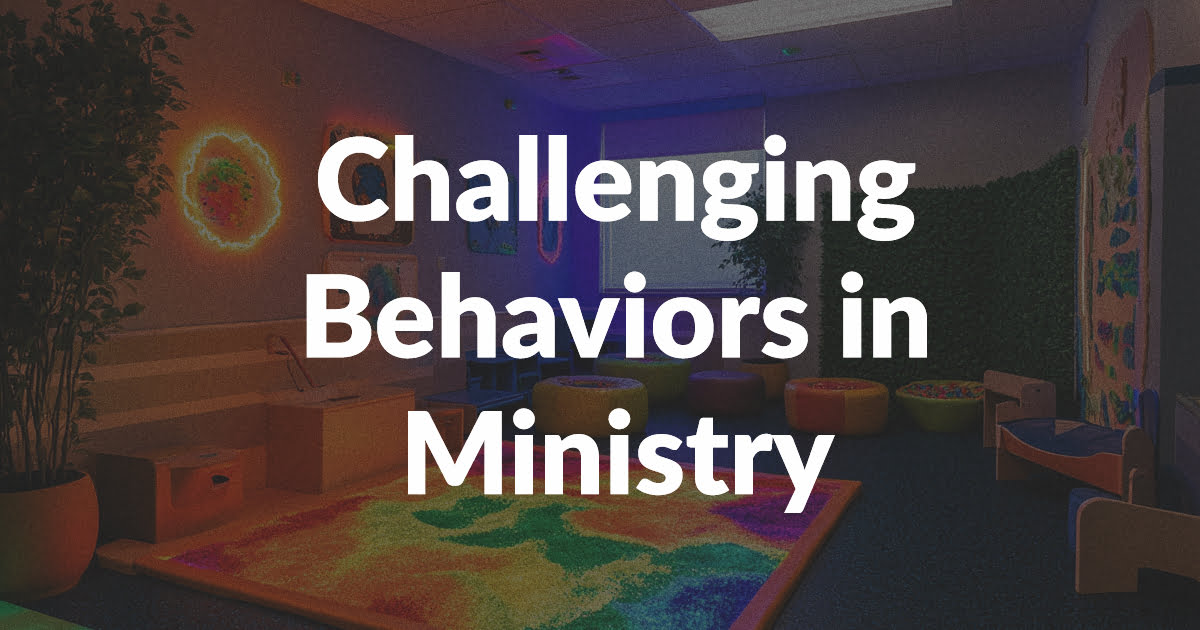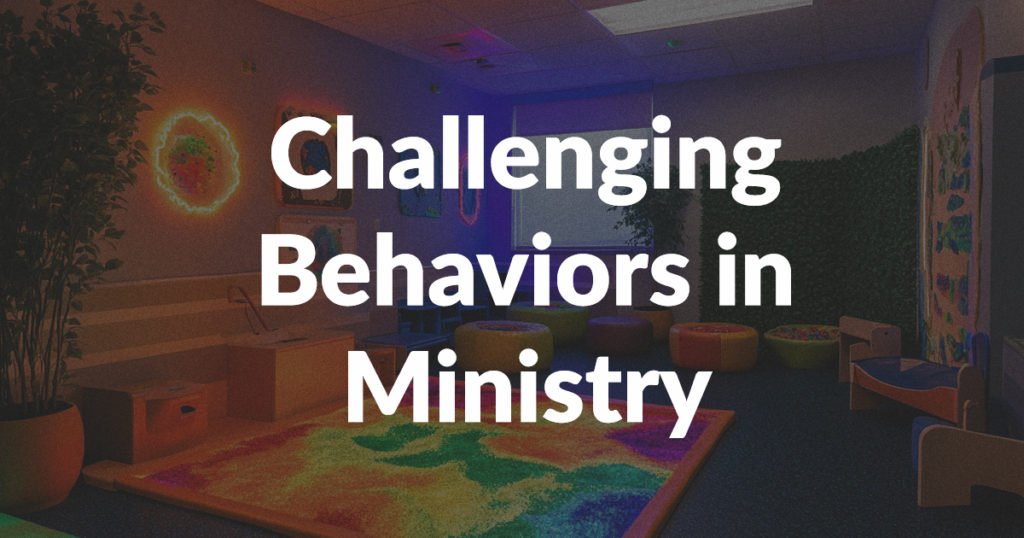

Supporting children with special needs who exhibit aggressive behaviors in a church setting can be challenging, but with the right strategies, these children can thrive in a safe and inclusive environment. Here are ten effective ways to help them succeed while ensuring safety for all.
1. Develop Individualized Plans
Work with the child’s parents or caregivers to create an individualized plan tailored to the child’s needs. This plan should include specific triggers, coping strategies, and de-escalation techniques. Understanding the child’s unique needs can help prevent aggressive behaviors before they occur.
Suggested Resource: Ministry Information Sheet
2. Create a Calm and Structured Environment
Many children who exhibit aggressive behaviors thrive in a structured environment with clear routines. Make the church setting predictable by having consistent schedules and clear expectations. Reducing sensory overload, such as loud noises or bright lights, can also help create a calming atmosphere.
Suggested Resource: Classroom Rules
3. Use Positive Reinforcement
Encourage positive behavior through praise and rewards. Recognizing and reinforcing good behavior can help reduce aggression by motivating the child to repeat those positive actions. Celebrate even small successes to build their confidence.
Suggested Resource: Disability Etiquette
4. Provide Clear and Simple Instructions
Children with special needs may struggle with understanding complex language or instructions. Use clear, simple, and direct communication to guide them. Visual cues or social stories can also help them understand what is expected in different situations.
Suggested Resource: Visual Schedule
5. Use a Buddy System
Assign a trained volunteer or staff member as a “buddy” to accompany the child during church activities. This one-on-one attention ensures that the child has someone to support and redirect them if they begin to show signs of distress or aggression.
6. Teach and Model Coping Skills
Teach the child coping mechanisms, such as deep breathing, counting to ten, or taking a break in a quiet area. By modeling and practicing these skills during calm moments, the child can learn how to manage their emotions and reduce aggressive behaviors.
7. Create Safe Spaces
Designate a quiet, safe space within the church where children can go when they feel overwhelmed. This space should be free of distractions and offer calming activities such as sensory toys, weighted blankets, or soft lighting. Allowing a child to retreat to a safe space can help prevent aggressive outbursts.
Suggested Resource: Emergency Profile
8. Train Volunteers and Staff
Provide training for church volunteers and staff on how to work with children who exhibit aggressive behaviors. This training should include de-escalation techniques, recognizing triggers, and how to respond calmly and effectively in difficult situations. Well-prepared volunteers can make a big difference in the child’s success.
Suggested Resource: Volunteer 101 Training
9. Maintain Open Communication with Families
Stay in close contact with the child’s family to discuss progress, challenges, and any new developments. Parents and caregivers can offer valuable insights into what strategies work best and how the child is doing overall. Collaboration with families is key to helping the child succeed.
10. Promote a Culture of Inclusion and Understanding
Encourage the entire church community to be understanding and accepting of all children, including those with special needs. Fostering a culture of inclusion ensures that everyone feels welcome and supported, reducing the likelihood of judgment or misunderstanding when challenges arise.
Helping children with special needs who exhibit aggressive behaviors stay safe and succeed at church requires patience, empathy, and intentional planning. By creating a supportive environment, teaching coping skills, and working closely with families, churches can provide a welcoming space where every child has the opportunity to grow spiritually and emotionally.


